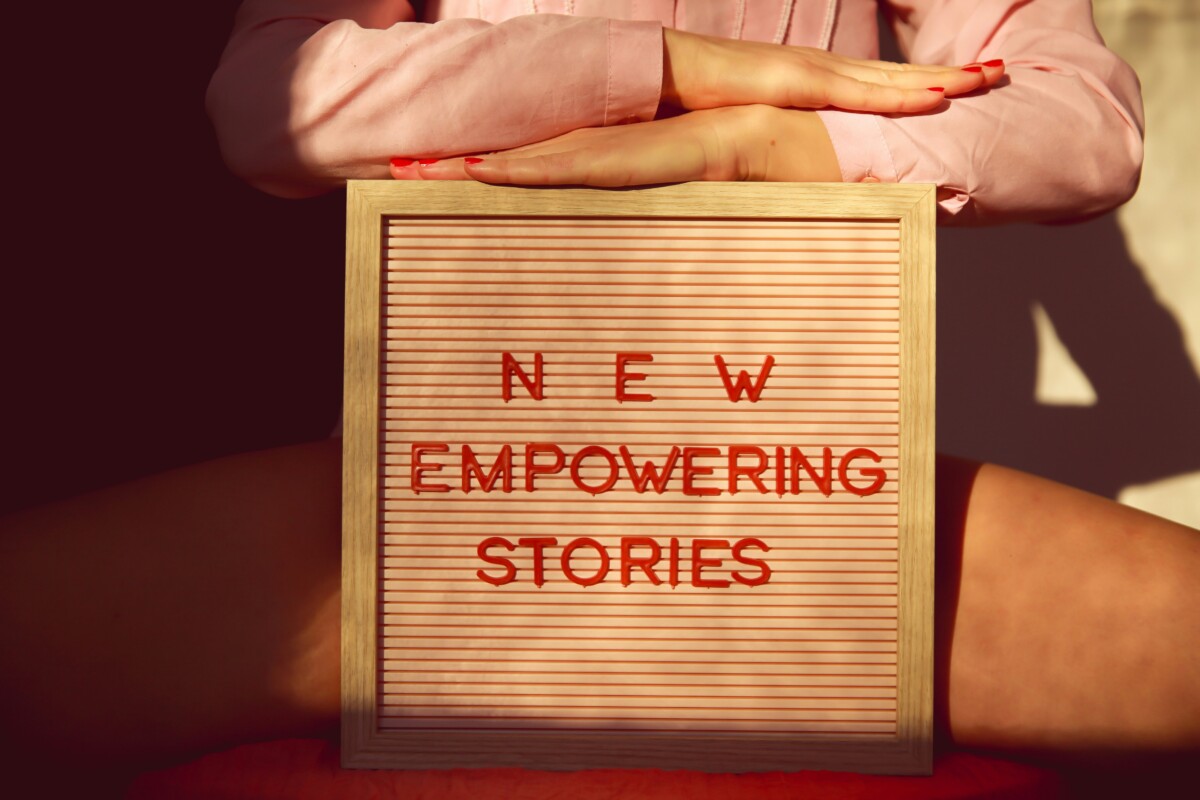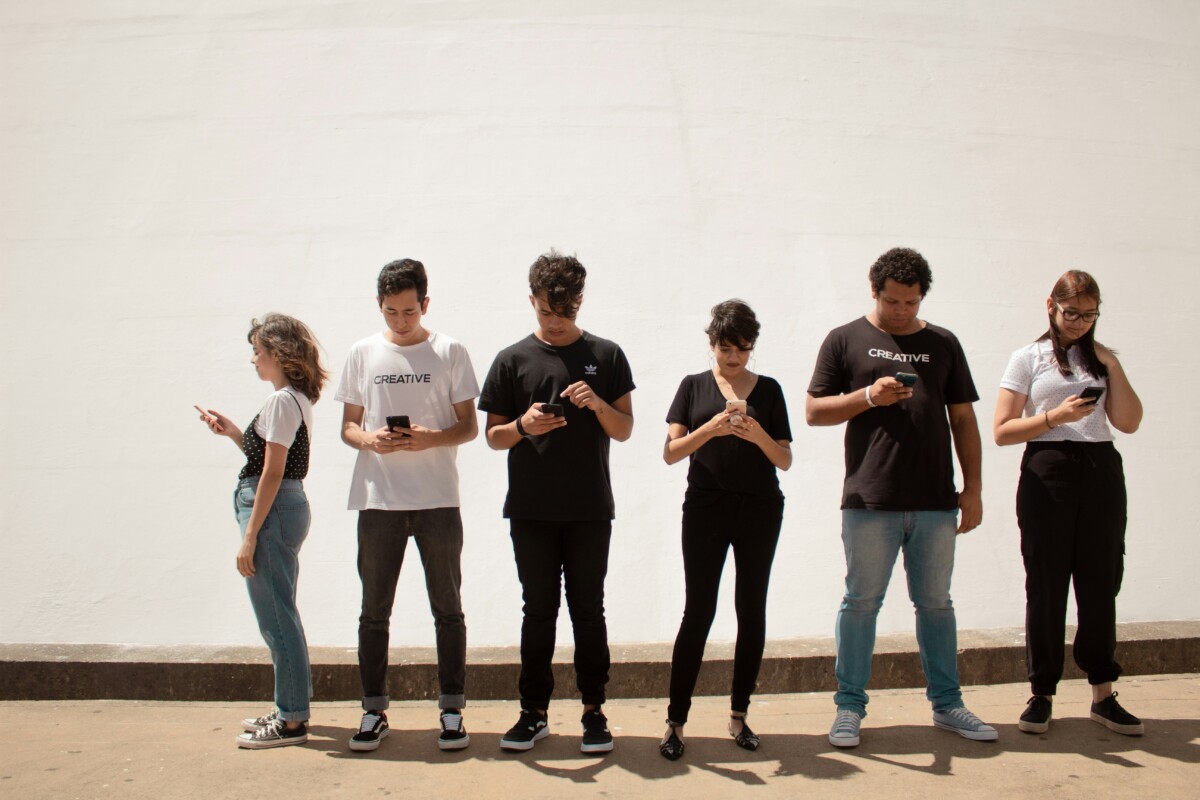
The ESG Blind Spot: Why Communications Integrity Matters.
Date: June 2025
Read time: 2 mins
Author: The Anti-Greenwash Charter

When we talk about ESG, we talk about carbon emissions and energy transitions. We talk about human rights policies, supply chains, governance structures, and sustainable finance.
But we don’t talk nearly enough about language—about how sustainability is communicated to the world.
And that’s a problem. Because in a world where trust is fragile, the most dangerous thing a company can do is overpromise and under-explain.
This is the blind spot at the heart of ESG.
It’s not the numbers that break trust—it’s the words. The vague packaging claims. The carbon-neutral taglines that don’t stand up. The purpose-led storytelling that dodges real scrutiny.
And it’s exactly why The Anti-Greenwash Charter exists.
The Gap Between What Companies Do—and What They Say
Across industries, ESG has grown into a complex web of targets, disclosures, and scorecards. You can track emissions, report diversity figures, and align with science-based targets.
But none of that guarantees the way those efforts are communicated is fair, clear, or honest.
And right now, too many sustainability claims are designed to impress—not inform.
“What you say about your impact can be more powerful than the impact itself,” says Charlie, CEO of The Anti-Greenwash Charter. “It can shape perception, drive purchasing, influence policy—and if it’s not true, it can do serious damage.”
The Only ESG Movement Focused on Communications Integrity
B Corp, CDP, SBTi, ISSB—there are plenty of frameworks that assess what businesses do. But The Anti-Greenwash Charter is the only initiative focused on how businesses talk about what they do.
That makes it uniquely powerful—and urgently needed.
At a time when regulators are cracking down on greenwashing, consumers are calling out false claims, and trust in corporate sustainability is faltering, the Charter offers a new kind of standard:
🟢 One that’s built around communications
🟢 One that addresses how claims are made, not just what’s in the data
🟢 One that turns marketing from a risk into a responsibility
“The Charter doesn’t certify whether you’re sustainable—it holds you accountable for whether you’re being honest,” Charlie explains. “And that’s what makes it radical.”

Why Communications Must Be Treated as an ESG Risk
If a business overstates its emissions reductions or oversimplifies its sustainability impact, that’s not just bad marketing. That’s a governance failure, a reputational risk, and increasingly, a legal exposure.
With laws like the UK’s Green Claims Code and the EU’s Green Claims Directive, companies that once used green buzzwords with impunity are now facing real consequences.
But long before a regulator steps in, customers are already switching off. Because people know when they’re being sold something too good to be true.
“We’re not asking brands to be perfect,” Charlie says. “We’re asking them to be honest. To own the grey areas. To say, ‘Here’s what we’re doing—and here’s what still needs work.’”
A Movement for Brands That Lead With Integrity
The Charter isn’t a passive pledge. It’s a working standard—backed by a growing community of brands committed to doing better.
Signatories of the Charter commit to:
✅ Publishing a Green Claims Policy
✅ Participating in independent campaign reviews
✅ Substantiating every claim with evidence and clarity
✅ Continually improving their communications practices
And in doing so, they send a message—not just to their audiences, but to their industries:
“We will not contribute to the erosion of trust in sustainability.”
“When a brand joins the Charter, they’re not just signing a document—they’re choosing a side,” Charlie says. “They’re choosing to be part of the solution.”
This Is the Moment to Fix the Blind Spot
Sustainability is a story. And like any story, it’s only powerful if it’s credible.
We’ve spent years building tools to measure impact. Now it’s time to build systems that ensure that impact is communicated responsibly.
Because if we lose trust in the claims, we lose faith in the progress. And if the planet can’t afford delay, it certainly can’t afford deception.
Communicate with Confidence
If your organisation wants to protect its reputation, reduce greenwashing risk, and communicate sustainability with confidence, we’d love you to join us.
📢 Become a signatory of The Anti-Greenwash Charter.
Shape the future of responsible communication and show stakeholders what honest, trusted sustainability leadership looks like.
